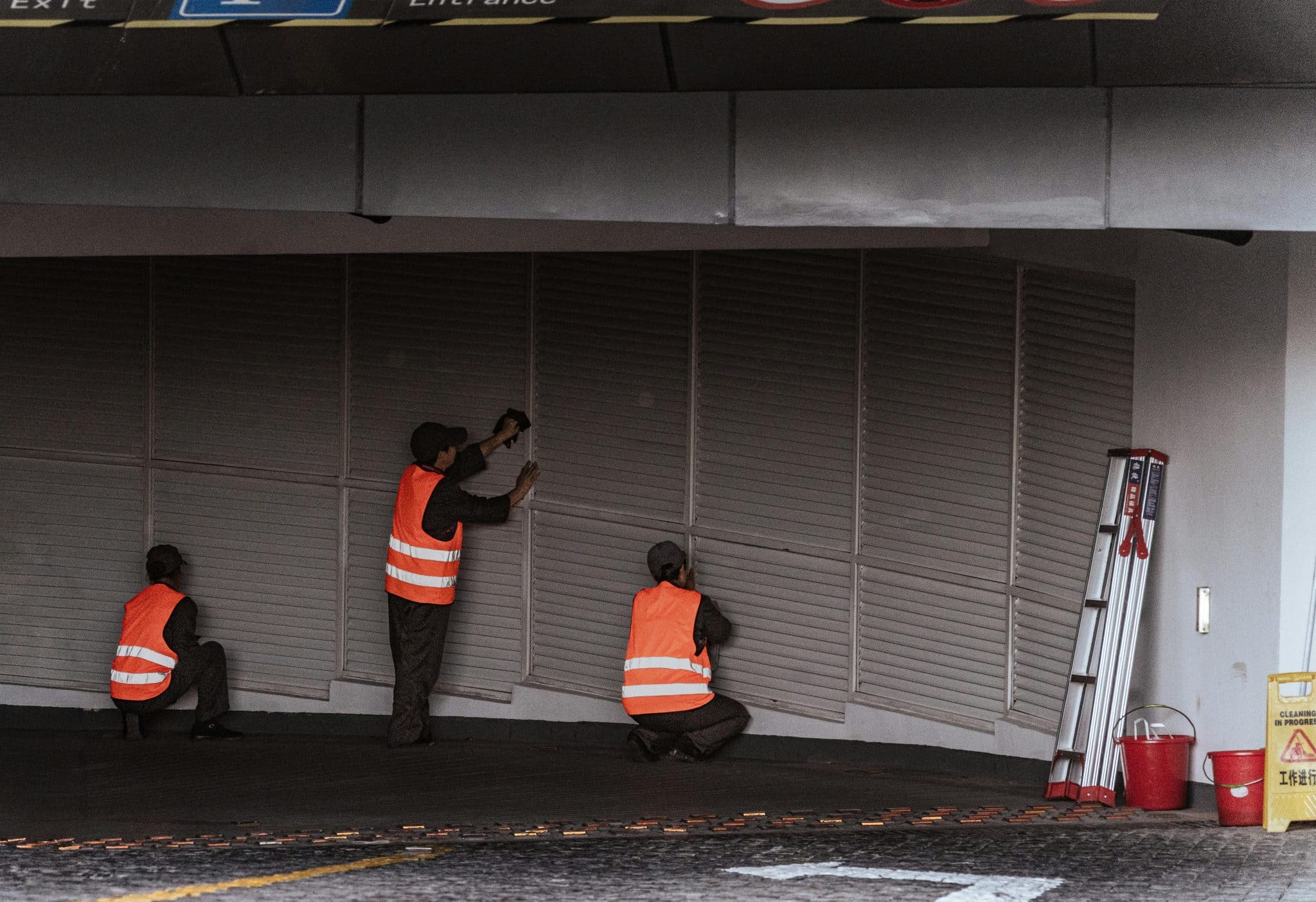Quality assurance (QA) and quality control (QC) are essential for the success of any construction project. With tight schedules, budgets, and safety standards, delivering a high-quality outcome requires meticulous planning and execution.
Ignoring QA/QC can lead to costly rework, delays, and dissatisfied stakeholders, significantly impacting the project’s timeline and overall budget.
Construction QA/QC ensures that every aspect of a project meets specified standards, safeguarding its structural integrity, functionality, and safety. While QA focuses on processes to prevent defects and improve workflows, QC verifies that the final product aligns with established quality benchmarks.
These practices create a foundation of reliability and consistency, ensuring the project achieves its intended goals. They also help identify and mitigate risks early, minimizing disruptions and maintaining compliance with regulatory requirements.
Furthermore, effective QA/QC fosters better team collaboration, streamlines communication, and establishes clear accountability. Investing in comprehensive quality management saves time and resources and enhances stakeholder confidence, building a reputation for delivering projects that exceed expectations.
Below are five actionable tips for implementing effective QA/QC strategies and achieving excellence in construction projects.
1. Establish Clear Quality Standards
Defining quality requirements at the start of a project ensures every team member understands the expected outcomes. Without clear standards, inconsistencies and errors are likely to arise.
- Steps to Set Standards:
- Align quality goals with project specifications and regulatory requirements.
- Use industry guidelines such as ISO 9001 or ASTM standards.
- Develop a comprehensive quality management plan (QMP).
2. Develop a Detailed QA/QC Plan
A QA/QC plan acts as a roadmap, guiding teams through processes and checkpoints to ensure compliance with quality standards. This document outlines responsibilities, inspection protocols, and corrective measures.
- Critical Elements of a QA/QC Plan:
- Quality objectives and acceptance criteria.
- Roles and responsibilities for QA/QC teams.
- Inspection and testing schedules.
- Procedures for addressing non-conformance.
3. Implement Regular Inspections and Testing
Frequent evaluations help identify and address issues before they escalate. Inspections and testing should be conducted at critical milestones to maintain quality control.
- Inspection Strategies:
- Conduct pre-construction site assessments to identify potential risks.
- Schedule periodic inspections during construction to monitor progress.
- Use post-construction evaluations to confirm compliance with project specifications.
- Common Construction Tests:
- Soil compaction tests for foundation stability.
- Concrete strength tests to ensure structural integrity.
- Electrical inspections to verify compliance with safety codes.
4. Leverage Technology for QA/QC
Modern tools streamline QA/QC processes, making monitoring, documenting, and resolving quality issues easier. Technology improves efficiency while reducing the risk of human error.
- Recommended Technologies:
- Drones: Capture high-resolution images for inspections in hard-to-reach areas.
- QA/QC software: Use platforms like Procore or Buildertrend to document inspections and track issues.
- BIM (Building Information Modeling): Detect potential conflicts before construction begins.
- Mobile apps: Enable real-time reporting and communication between field teams and project managers.
5. Foster a Culture of Quality
Establishing a culture that prioritizes quality ensures everyone on the team takes ownership of QA/QC processes. Strong leadership and consistent communication play a vital role in fostering this mindset.
- How to Build a Quality-First Culture:
- Train employees on quality assurance and control principles.
- Reward teams that meet or exceed quality benchmarks.
- Encourage open communication about potential issues without fear of reprisal.
Challenges in Construction QA/QC
Even with a strong focus on QA/QC, challenges such as miscommunication, lack of training, or resource constraints can arise. These obstacles can be addressed with proactive measures:
- Use standardized forms to reduce ambiguity in documentation.
- Conduct regular training to keep teams informed about updated quality standards.
- Allocate sufficient resources to QA/QC teams, including personnel and technology.
Elevate Quality, Exceed Expectations
Delivering high-quality construction projects requires more than meeting deadlines and budgets—it demands a commitment to excellence through effective QA/QC strategies. From setting clear standards to leveraging technology, these tips can help ensure your projects consistently meet or exceed expectations.
Start implementing these practices today to build stakeholder trust, reduce rework, and enhance overall project performance. Focusing on quality is a step toward lasting success in construction management.








